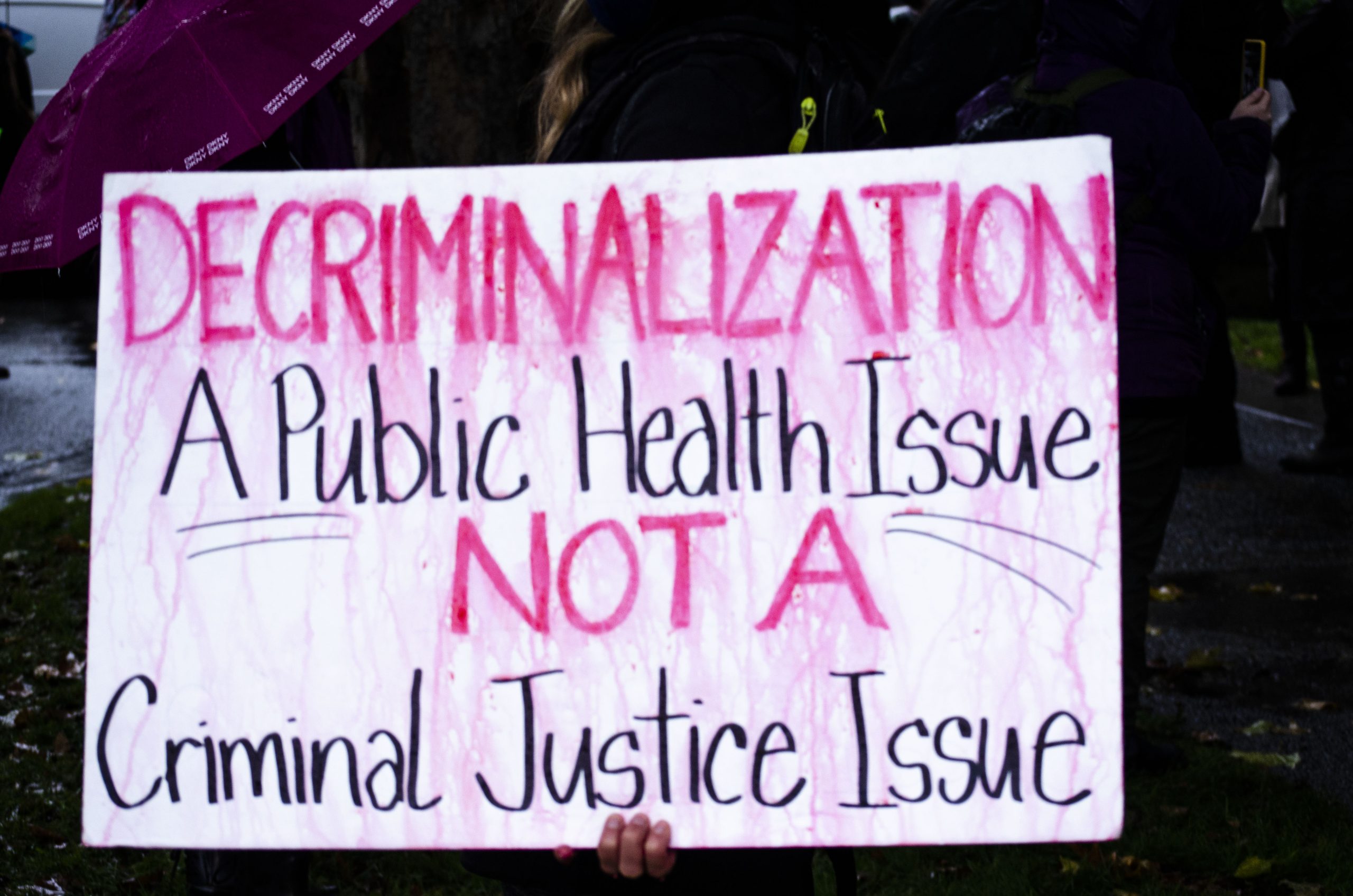Historically, suicide and attempted suicide have been criminalized in many nations, rooted in colonial-era laws, religious beliefs, and moral codes. However, growing awareness of mental health challenges has prompted many countries to rethink their stance.
This shift recognizes that individuals attempting suicide are in dire need of mental health care rather than punitive action.
Here’s a comprehensive look at nations that have decriminalized suicide, alongside those that still prosecute individuals for attempting to end their lives, with a particular focus on Africa.
Countries That Have Decriminalized Suicide
India
In 2017, India enacted the Mental Healthcare Act, which came into force in 2018. This landmark legislation decriminalized attempted suicide, acknowledging that people who attempt it often face extreme stress. Instead of punishment, the act emphasizes rehabilitation and care.
Singapore
Singapore repealed Section 309 of its Penal Code in May 2019 through the Criminal Law Reform Act. The law, effective January 1, 2020, marked a progressive step in destigmatizing mental health issues.
Malaysia
In April 2023, Malaysia made strides toward decriminalization by tabling a bill to repeal Section 309 of its Penal Code. The government emphasized that criminal penalties are counterproductive for individuals struggling with mental health issues.
Guyana
In 2022, Guyana became the latest Caribbean nation to decriminalize attempted suicide, aligning with global mental health advocacy trends.
Rwanda
Rwanda repealed its laws criminalizing attempted suicide in 2018, a progressive move on the African continent. This shift was part of a broader effort to address mental health issues and reduce stigma.
Kenya
In May 2022, Kenya’s High Court declared the criminalization of attempted suicide unconstitutional. The decision called for mental health support systems rather than punishment, reflecting a growing understanding of mental health crises in Africa. Early this year, Justice Lawrence Mugambi of the High Court sitting in Milimani declared Section 226 of the country’s Penal Code (that outlawed attempted suicide) unconstitutional.
According to Justice Mugambi, the penal code shames victims of suicide ideation despite things being beyond their mental control. Announcing his decision the judge emphasized the previous code was a violation of Article 28 of the constitution.
The ruling marks a major milestone in the fight for mental health rights and aligns with Kenya’s constitutional guarantees under Articles 27, 28, and 43, which emphasize equality, human dignity, and access to healthcare.
Countries That Still Criminalize Attempted Suicide
Nigeria
Nigeria continues to criminalize attempted suicide under Section 327 of the Penal Code. Convicted individuals face imprisonment of up to one year, a fine, or both. This law, inherited from British colonial rule, has faced criticism for failing to address the root causes of suicide attempts.
Tanzania
In Tanzania, attempted suicide is illegal under Section 210 of the Penal Code. Convicted individuals may face imprisonment, further compounding their mental health struggles.
Zambia
Zambia enforces similar colonial-era laws criminalizing suicide attempts. Mental health advocates in the country continue to call for reform and improved support systems.
Bangladesh
In Bangladesh, attempted suicide remains punishable under Section 309 of the Penal Code, inherited from British colonial laws. Convicted individuals may face imprisonment and fines.
Pakistan
While discussions about decriminalizing attempted suicide have begun, it remains illegal in Pakistan under the Penal Code. Reform advocates cite the detrimental effects of criminalization on mental health.
Myanmar
Attempted suicide is illegal, reflecting the lingering influence of colonial-era laws
Why Decriminalization Matters
Criminalizing attempted suicide often discourages individuals from seeking help, fearing legal consequences and social stigma. Decriminalization helps foster an environment where people in crisis feel supported and can access mental health resources without fear of retribution.
However, decriminalization is only one step. To address the underlying causes of suicide attempts, governments must invest in:
- Public mental health education to reduce stigma.
- Accessible and affordable mental health services.
- Crisis intervention systems, such as hotlines and community outreach programs.
The global movement to decriminalize suicide reflects a growing recognition of mental health as a public health issue rather than a moral or criminal failing. Countries like Kenya and Rwanda are leading the way in Africa, while others, such as Nigeria and Tanzania, remain tied to outdated colonial laws.
Addressing suicide requires a holistic approach—decriminalization, enhanced mental health services, and societal efforts to destigmatize mental health struggles. By prioritizing these initiatives, nations can move closer to a compassionate and effective response to mental health crises.
by HANNIE PETRA













